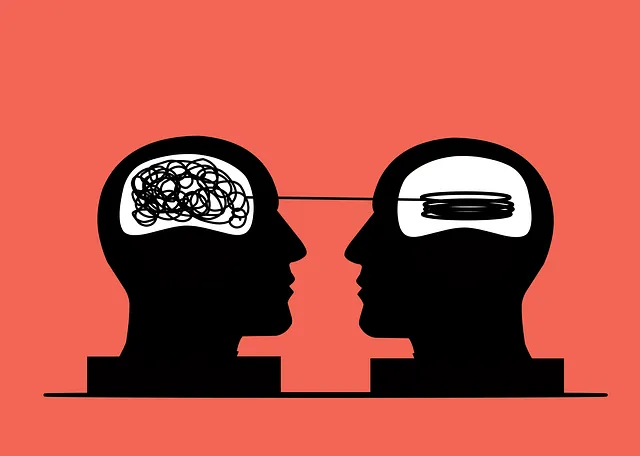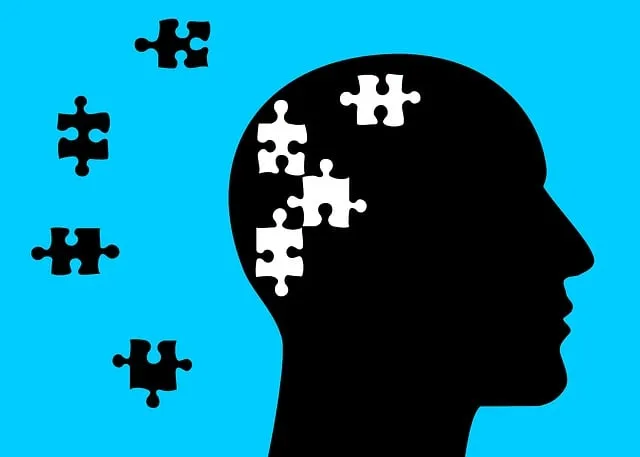In response to Denver's stress-filled urban environment, digital wellness apps modeled after the Denver Kaiser programs offer accessible, discrete mental health support. These apps provide personalized communication tools, confidence-boosting activities, and self-awareness exercises integrating CBT techniques. Community features enable users to engage in their emotional well-being journey, while strategic app design, including robust privacy measures, encourages consistent use.
Mental wellness apps have emerged as powerful tools, addressing the growing need for accessible and personalized support. With a focus on user experience and evidence-based practices, these applications offer a discrete and convenient way to manage mental health. This article explores the development of effective mental wellness apps, drawing insights from Denver Kaiser’s successful programs. We’ll uncover key features, best practices, and considerations for creating apps that not only engage users but also foster positive mental health outcomes.
- Understanding the Need for Mental Wellness Apps
- Key Features and Components of Effective Apps (Denver Kaiser Mental Health Programs)
- Development Process and Best Practices for Success
Understanding the Need for Mental Wellness Apps

In today’s fast-paced world, mental wellness has emerged as a critical aspect of overall health, prompting a growing demand for accessible and personalized solutions. This need is particularly evident in urban centers like Denver, where high living costs and fast-track lifestyles can contribute to elevated stress levels and mental health challenges. The rise of digital tools, such as mental wellness apps, offers a promising avenue to address these concerns. These apps cater to a wide range of users, from those struggling with anxiety and depression to individuals seeking ways to enhance their resilience and overall well-being.
One prominent example is the Denver Kaiser mental health programs that leverage technology to deliver effective interventions. By incorporating features like Mindfulness Meditation, Confidence Boosting exercises, and tools for Inner Strength Development, these apps provide users with convenient and discrete support. The integration of such programs not only complements traditional therapy but also empowers individuals to take proactive steps towards managing their mental health in the privacy of their own spaces.
Key Features and Components of Effective Apps (Denver Kaiser Mental Health Programs)

The most effective mental wellness apps, modeled after Denver Kaiser mental health programs, integrate a multifaceted approach to support users’ well-being. Key features include personalized Communication Strategies that facilitate open dialogue about emotions and thoughts, fostering connections with peers and professionals. These apps often incorporate Confidence Boosting activities tailored to individual needs, empowering users to confront challenges head-on. Through interactive Self-Awareness Exercises, users gain insights into their triggers, patterns, and strengths, enabling them to make informed decisions for their mental health.
Additional components may include mood tracking tools, mindfulness practices, cognitive behavioral therapy (CBT) techniques, and access to online communities. By combining these elements, Denver Kaiser mental health program-inspired apps create a comprehensive digital space where users can actively engage in their mental wellness journey, cultivate resilience, and achieve lasting improvements in their emotional well-being.
Development Process and Best Practices for Success

The development process for a mental wellness app should be approached with care and strategic planning to ensure its effectiveness and user-friendliness. It begins with a thorough understanding of the target audience, their specific needs, and the challenges they face in managing their mental health. This involves extensive research and consultation with experts like Denver Kaiser mental health professionals who can provide valuable insights into evidence-based practices. Using this knowledge, developers can design features tailored to address common issues, such as stress management, anxiety reduction, and mood stabilization.
Best practices for success include implementing intuitive navigation, ensuring data privacy and security, and integrating communication strategies to foster a sense of community among users. Regular updates based on user feedback and the latest research in mental health are crucial. Additionally, incorporating confidence-boosting exercises and tools for mood management can significantly enhance the app’s value. The key lies in creating an immersive yet simple interface that encourages consistent use, ultimately contributing to improved mental wellness outcomes.
The development of mental wellness apps, inspired by programs like Denver Kaiser’s innovative approach, holds immense potential to revolutionize access to mental healthcare. By integrating key features such as personalized therapy tools, mindfulness exercises, and community support networks, these applications can effectively address the growing need for accessible and affordable mental health solutions. Following best practices throughout the development process ensures successful outcomes, fostering a digital landscape where individuals can thrive through enhanced mental wellness management.





